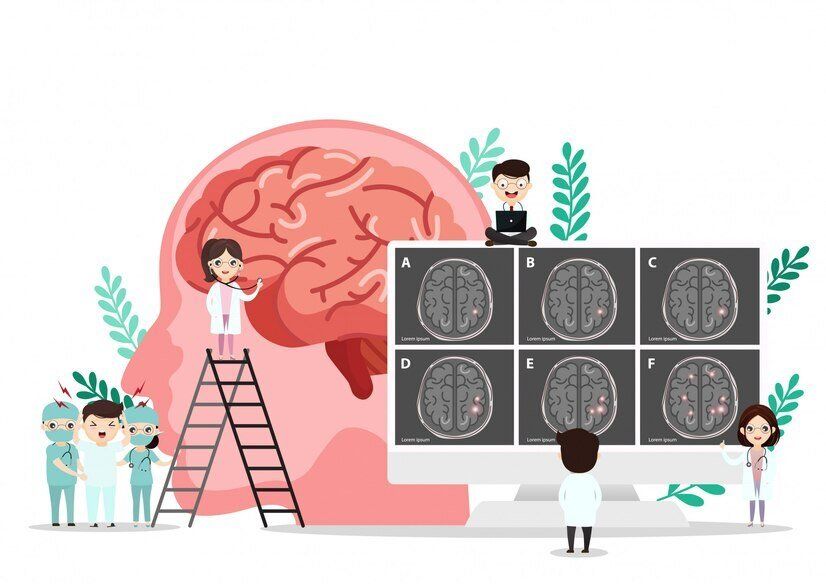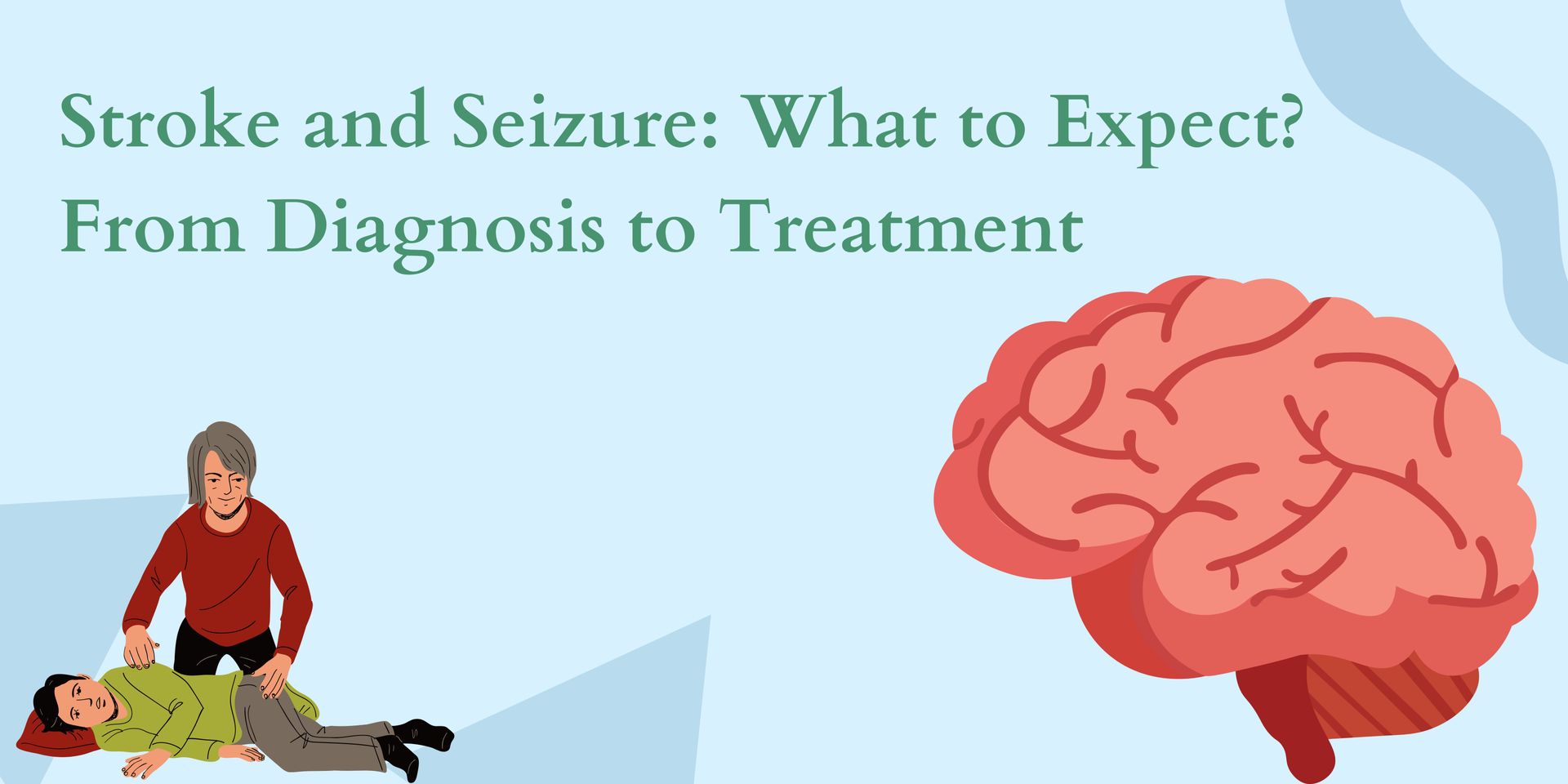Brain tumor surgery is a kind of neurosurgical treatment many treatments are also available like Deep brain stimulation. Neurosurgery may result in some kind of swelling in the brain. So, memory loss after brain tumor surgery is common because it causes a temporary enlargement of the brain's surrounding tissues.
If neurosurgeons had to extract brain cells during any surgery, you may find it difficult to remember things afterward. Whether you will recover from your memory loss after brain tumor surgery depends upon what caused it, whether it was temporary swelling or the removal of memory cells from the brain.
To understand better, let's learn the causes first!!
What causes memory loss after brain tumor surgery?
There are a few causes of memory loss after brain tumor surgery. Below are the reasons that cause memory loss:
Worried? If the memory loss always permanent? Don’t worry!! Read below to find out!
Sean Marchese, a registered nurse at The Mesothelioma Center with a background in oncology clinical trials, and over 20 years of patient care experience says that -
"Memory loss can be related to brain tumor surgery if the tumor is in a brain region involved in memory processing or if the surgical procedure damages or disrupts brain tissue in that area.
The exact causes of memory loss after brain tumor surgery are not fully understood. Still, they may include damage to brain tissue, inflammation, changes in blood flow, or the effects of anesthesia.
The extent and duration of memory loss after brain tumor surgery vary widely depending on the individual case. Some patients may experience temporary memory problems that improve over time, while others may experience permanent memory loss."
Is memory loss after brain tumor surgery permanent?
Memory loss after brain tumor surgery can be permanent or temporary depending upon various factors like the size and location of the tumor, the type of surgery, and the individual's overall health.
In several cases, the memory loss can be temporary and may improve over time as the brain starts to heal after surgery. However, in other cases, memory loss may be permanent, especially if the surgery involves removing a significant amount of brain tissue or if the tumor is located in a critical area of the brain.
Apart from this, other factors such as age, underlying medical conditions, and previous history of brain injury or disease can also affect the extent and duration of memory loss.
Note- It is important for patients to work closely with their neurologist to monitor and manage any memory loss after brain tumor surgery.
According to Dr. Jon Mclver an experienced neurosurgeon with The Minimally Invasive Brain and Spine Center at Mercy Medical Center in Baltimore, Maryland.
A patient’s age and predisposition to confusion and memory impairment is always something that should be considered. It is usually the case that the older a patient is, the less cognitive reserve they will have, and the more vulnerable to post-operative confusion they will be.
To be able to take timely measures, continue reading to learn about the symptoms!!

What other neurological symptoms can occur after brain tumor surgery?
It might take some time to heal and recover from the brain tumor surgery. Everyone has different health conditions and histories. So the recovery time varies for different people.
Of course, after the surgery, there are still some aftereffects. Some can show up immediately in a few days while others may take time.
Immediate symptoms:
Brain tumor surgery is critical, and it will take some time to see the benefits. Most people do not feel good after the surgery because the removal of the tumor causes swelling in the brain, which can be very uncomfortable. There are a few symptoms that cause this discomfort, they are:
- Feeling weak and dizzy
- Difficulty in maintaining balance and coordination
- Behavioral changes
- Feeling confused
- Speech problems
- Getting fit
If are you experiencing the above symptoms, visit a neurology hospital for better treatment.
Don’t worry at all!! There are various treatments available. Read ahead to learn about them!

What treatments are available for memory loss after brain tumor surgery?
The type of treatment for memory loss after brain tumor surgery will depend upon the type of surgery the individual had had, and the seriousness of the memory loss. There are cases where the memory loss status improves with time as the brain recovers from the surgery. In such cases, no specific treatment is required.
However, if the memory loss is severe and stays for a much longer time, then there are several treatment options that may be effective. They are:
- Rehabilitation Therapy- This involves occupational therapy or cognitive rehabilitation. This helps patients to learn strategies to compensate for their memory loss and improve their daily functioning.
- Medicines- Few medications like cholinesterase inhibitors have been shown to be helpful in treating memory loss as well as helping the individual to cope with the frustration of memory loss.
- Psychological interventions- Psychotherapy or counseling may be helpful in treating the emotional distress that can accompany memory loss, as well as in improving coping strategies.
- Making changes in lifestyle - Getting regular exercise, maintaining a healthy diet, and having enough sleep can be helpful in improving cognitive function and treating memory loss.
What is the success rate for memory improvement after brain tumor surgery?
A study published in the India Journal of Psychiatry involved patients who were diagnosed with frontal lobe brain tumors. All the patients involved in the study had undergone surgical intervention to treat the brain tumor. Various kinds of verbal and learning tests were done to assess memory loss after brain tumor surgery.
In the study, it was found that 60% of the patients had memory loss to some extent, 47% of them showed recent memory loss, and 53% had remote memory loss. When examined, 1 month after the surgery, 53% patients had recovered from the memory loss and 27% were still left with recent memory loss.
The patients with remote memory loss had shown some improvement 3 months after the surgery, 6.7% of the patients left with memory loss showed some improvement, while others still did not improve in memory gain.

Can memory loss after brain tumor surgery be prevented?
Most of the time there is no sure-shot way of preventing memory loss after Brain Tumor Surgery. But, there are some steps that one can take to minimize the risk and severity of memory loss. Here are some potential measures:
- Evaluation before the surgery- Carrying out a neuropsychological assessment to understand any prior cognitive deficits and impairments before the surgery can help in reducing the risk.
- Minimally Invasive surgery techniques- This helps in reducing the cognitive deficit or memory loss by minimizing the amount of tissue that is disrupted during the procedure.
- Functional brain mapping - Helps in pinpointing the key regions that direct the language, memory, and other cognitive processes. Having known those regions, avoiding them during the operations can minimize the risk of memory loss after brain tumor surgery.
- Cognitive Rehabilitation Therapy- To aid patients in healing and regaining function following surgery, rehabilitation treatments like cognitive rehabilitation, vocational therapy, or physical therapy may be suggested.
- Medicines- In some cases, medications such as steroids or cholinesterase inhibitors may be used to reduce inflammation and swelling in the brain, which can help prevent or reduce cognitive deficits.

Can memory loss after brain tumor surgery be reversed after the treatment?
The degree to which memory loss after brain tumor surgery can be recovered relies on a number of variables. These include the severity and origin of the memory loss, the patient's age and general health, and the type of therapy employed. Memory loss in some people may get better with time with therapy, medicine, or other interventions, but it might not be completely reversible.






